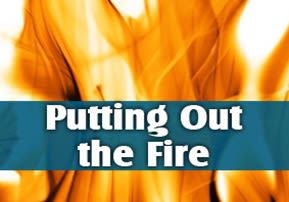
Vayikra: Putting Out the Fire
If the nations of the world understood the blessings that the Temple provided them, rather than destroying it, they would have built a wall around it to protect it!

א וַיִּקְרָ֖א אֶל־משֶׁ֑ה וַיְדַבֵּ֤ר יְהֹוָה֙ אֵלָ֔יו מֵאֹ֥הֶל מוֹעֵ֖ד לֵאמֹֽר:
G-d called (vayikra) Moshe . . . (Vayikra 1:1)
The Sitra Achra (the “dark side”) is intensely interested in interfering with shechitah – Jewish ritual slaughtering. He knows something the governments of the world do not, that shechitah is a way to sweeten the Gevuros (stern judgments) in creation along the path to the final rectification and redemption. However, for the Sitra Achra, the less people know, the better, because they might end up supporting the Torah and not interfering with it.
This is the what the Talmud says regarding the Temple, that if the nations of the world understood the protection the Temple provided them and the goodness it brought them, not only would they not have destroyed it, they would have built a wall around it to protect it! But, instead, they were kept blind to the true worth of the Temple, and instead were made to see it as an obstacle to their own national goals and fulfillment, and destroyed it with pride and pleasure.
In a rare moment of realization, Neron, a Roman general realized what was happening through his own hands and fled his position of power and converted to Judaism instead (Gittin 56a). Amazingly, in the process of destroying the Temple and Jerusalem, he saw through the veil of nature and recognized the hand of G-d in all that was transpiring, and instead realized the ultimate worth of the Jewish people and all that they did.
Another example of this was a Roman advisor Katiyah bar Shalom. Caesar saw the Jewish people as a cancer in his kingdom, and wanted to destroy them once and for all. However, even though Katiyah was a loyal Roman, he still saw the necessity of the Jewish people in history, and advised against their annihilation.
Even though Caesar had to heed Katiyah's logic, he also had to sentence him to death for opposing Caesar's opinion. However, this set up the opportunity to convert to Judaism right before death, and Katiyah went right to the World-to-Come – another rare story.
Perhaps this is why the Aleph of Vayikra in the first word of this week's parshah is small, alluding to the word vayikar and Amalek. As vayikra, it is an allusion to the direct and obvious hand of G-d in Jewish history, and by extension, the clear meaning of the sacrifices and their power to return mankind back to the Garden of Eden, albeit step-by-step. As vayikar, it is an allusion to how easily something as holy and important as shechitah can be turned around and made into a cruel and inhumane act.
And the difference between the two is both small and large. It is the difference of a single Aleph, and yet it is the difference between a world of doubt, darkness, and hatred of the Jews, and a world of intellectual clarity, light, and respect for Torah and those who uphold Her.
And now, with Pesach just around the corner, we are reminded that this is the very reason we were freed from Egypt in the first place. In Yosef's time, Pharaoh had respect for the Jewish people and all that they did. He didn't necessarily want to live that way himself, but he was certainly content to let Yosef's family continue on with the ways of their fathers.
But, as the community settled in and began to be influenced by the gentile population rather than influence them instead, they lost the meaning of what being a descendant of Avraham Avinu was all about – and so did the Egyptians as well. One hundred and sixteen years, ten plagues, and 12,000,000 Jews later, we were at Mt. Sinai re-learning the meaning of what is most meaningful. That is the Aleph of Vayikra – the G-dly knowledge that makes us look wise in the eyes of the world, not like fools.
Vayikra is the call to learn it all over again.
And, speaking of responding to the call, there is a famous story told over in the name of the Chofetz Chaim about kiruv rechokim — outreach.
As the story goes, there was a king who went and visited the towns under his rulership. While sipping tea with the mayor of one town, he was disgusted by the taste of the tea and asked the mayor how it was made. Upon finding out that water from the river was put straight into the pot to boil, the king explained that it would taste better if it was distilled first, and then boiled for tea. The mayor thanked the king for his great piece of advice, and the king left for the next town.
Shortly after returning to the palace, the king heard that the town had burned down, and he quickly left again to survey the damage. Upon meeting the distraught mayor, the king asked him,
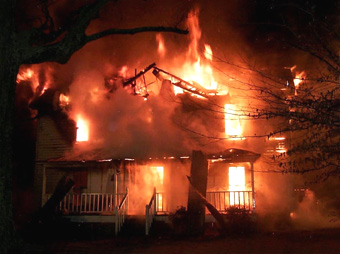 "Don't you have a fire department to put out fires?"
"Don't you have a fire department to put out fires?" "Yes," the mayor responded, "but by the time they distilled the water, all the buildings had burned down to the ground!"
The king could only shake his head in disbelief and say, "No, no, no! That you can afford to do when you are making a cup of tea. But when it comes to putting out a fire, any water will do!"
In other words, the Chofetz Chaim was saying, when the Jewish people are facing a major crisis, then anyone and everyone who can help stem that crisis must pitch in the best they can.
May we witness the transition from exile to redemption without further suffering, amen.
***
Pinchas Winston is the author of over 95 books on various topics that deal with current issues from a traditional Jewish perspective. He has also written on the weekly Torah reading since 1993, called “Perceptions,” as well as on current topics and trends affecting Jewish history, past and present. One of his missions is to make the depth and beauty of the more mystical teachings of Torah understandable and accessible to those who can really benefit from them. Visit his website at thirtysix.org.


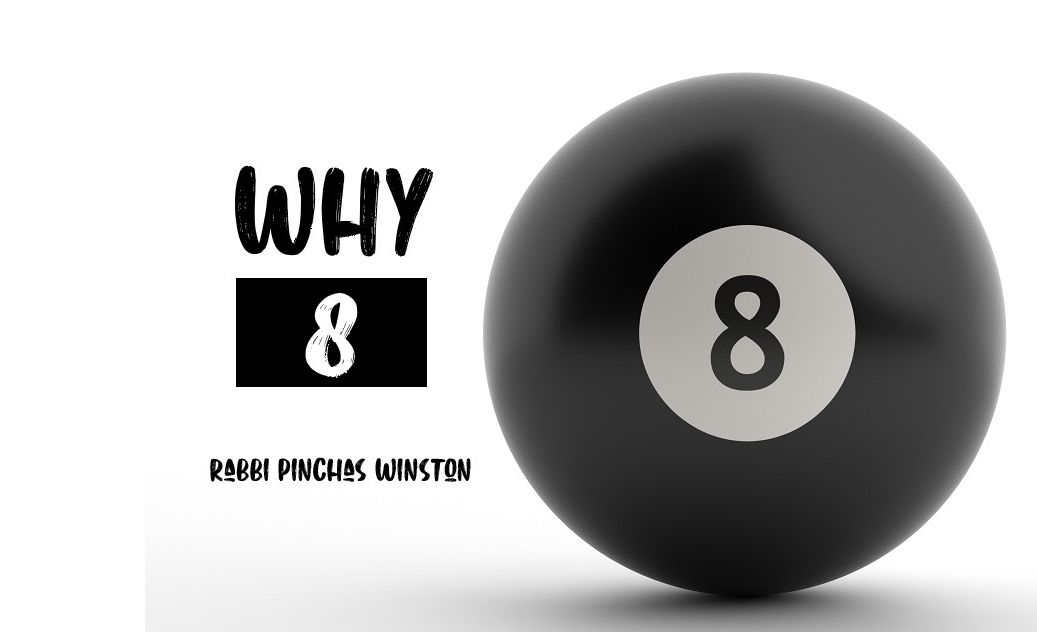


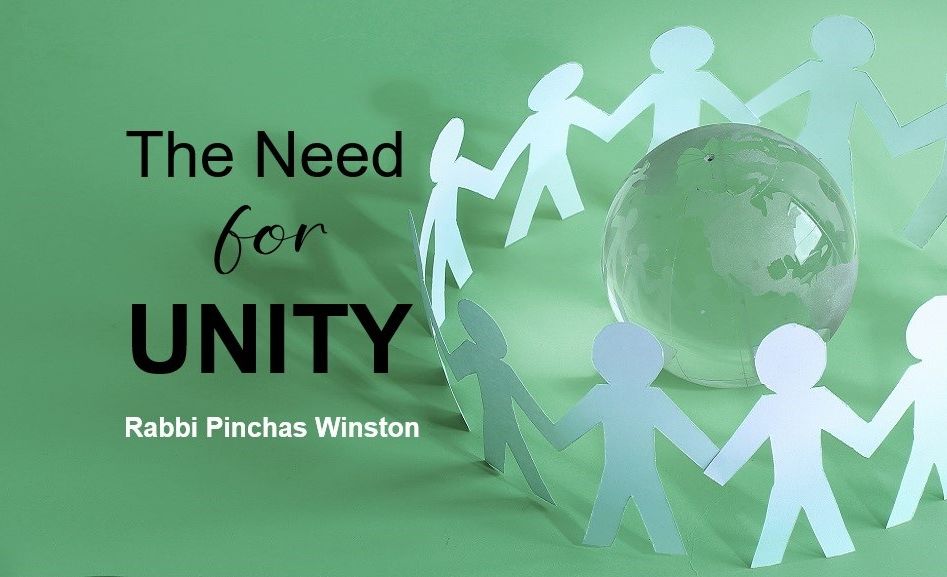
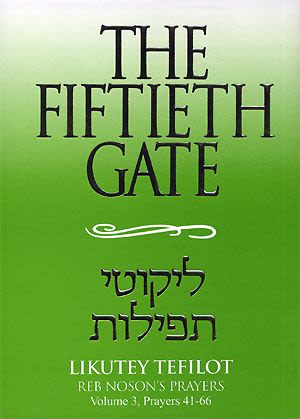
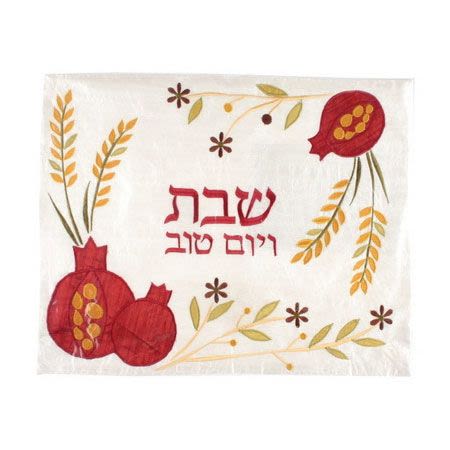

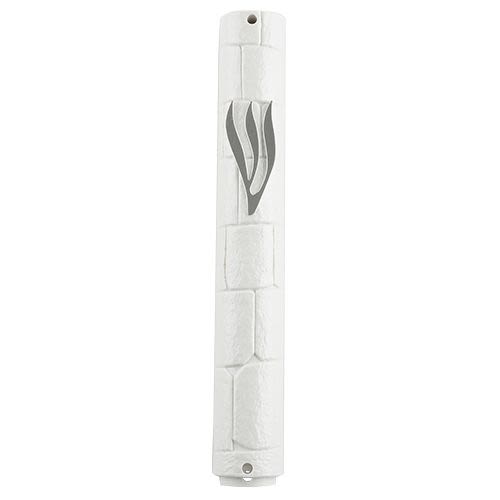
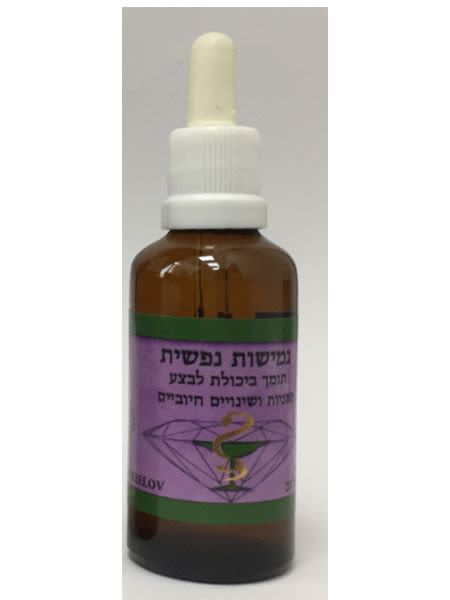
Tell us what you think!
Thank you for your comment!
It will be published after approval by the Editor.